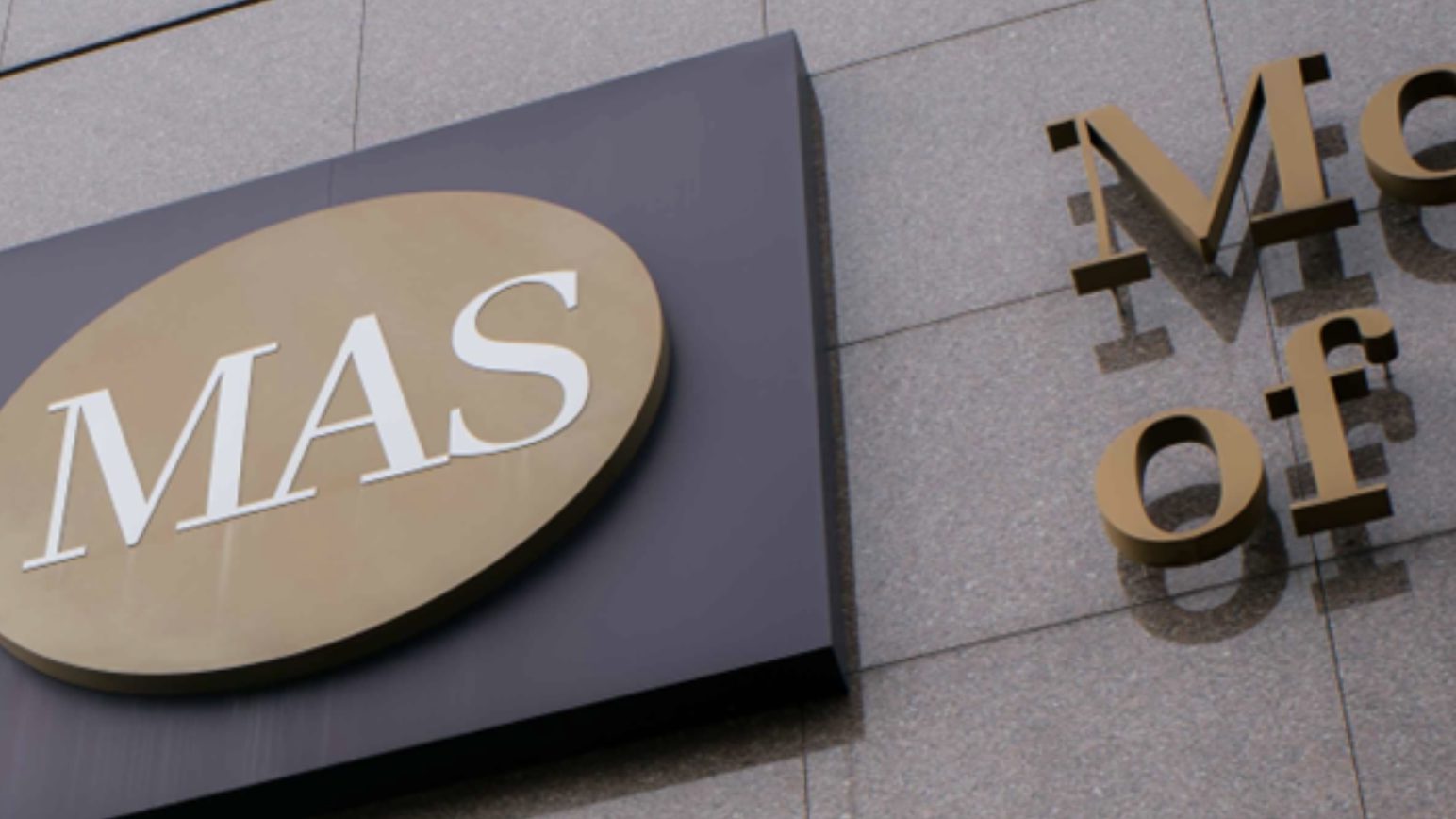SINGAPORE: In a dual move that reflects the changing nature of asset management and personal finance in Singapore, the Monetary Authority of Singapore (MAS) is strengthening investor protection regulations while simultaneously advocating for increased access to private market funds for individual investors.
According to the latest Singapore Business Review report, MAS has stated that it will go forward with legislation revisions that will improve pre- and post-transaction safety for retail clients in response to industry concerns.
Important modifications include stricter definitions and guidelines on “selected clients” (SCs), who may require further protection due to factors like age, education, or linguistic ability.
The updated regulations require financial advisors to evaluate a client’s background and expertise holistically before suggesting investment solutions. Standard checklists and self-reported experiences alone are no longer adequate.
Additionally, a “Trusted Individual” (TI) provision for SCs is introduced under the framework. If the client does not expressly decline in writing, advisers must make sure SCs are accompanied by a TI, who is someone over 21 with adequate education and language abilities.
Although advisers won’t have to run anti-money laundering checks on TIs, MAS stated that they must make sure the TI can assist the client in understanding the items being offered.
Advisors are now required to address any shortcomings in performance indicators unrelated to sales prior to closing a deal. Customers must be given the option to change or cancel the transaction if a product is determined to be inappropriate during pre-checks.
Furthermore, Moody’s Ratings hailed MAS’s announcement of a proposed regulatory framework that would permit retail investors to access private market investment funds, citing it as consistent with similar trends in the US and Australia.
“Because they involve private assets that require a long-term investment horizon, these investment funds may differ in structure and liquidity from traditional public market vehicles,” Sally Yim, Managing Director at Moody’s Ratings, stated.











